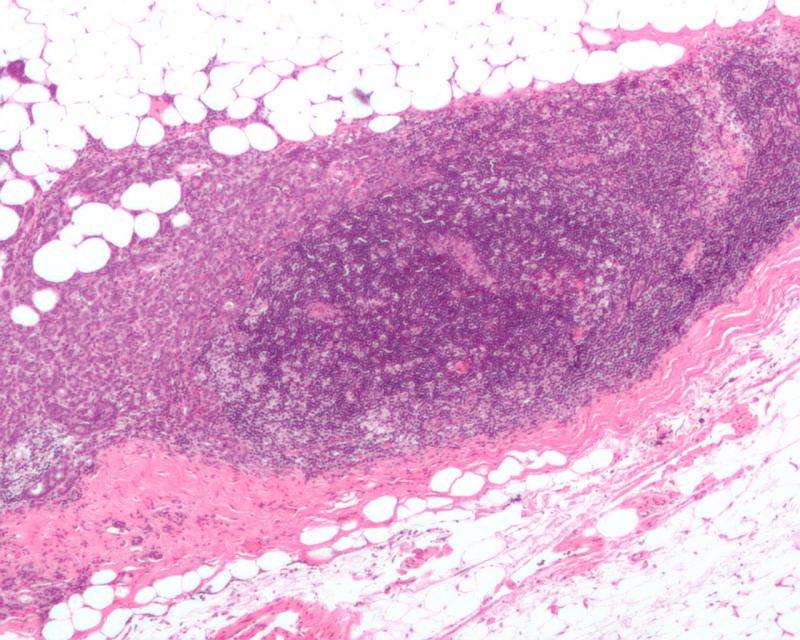Suppressing vasculogenic mimicry in breast cancer

An article published in Experimental Biology and Medicine (Volume 242, Issue 6, March, 2017) identifies a new signaling pathway involved in breast cancer cell growth. The study, led by Dr. Chan-Wha Kim, from the Department of Biotechnology at Korea University in Seoul, reports that inhibition of the actin-binding protein transgelin prevents vasculogenic mimicry (VM), a process that provides tumor cells with the nutrients required for growth.
Unregulated tumor growth requires an adequate supply of oxygen and other nutrients from the blood supply. Angiogenesis, the formation of new blood vessels from the pre-existing vasculature, promotes tumor growth and is a hallmark of many cancers. Inhibition of angiogenesis is a major therapeutic strategy for the treatment of many cancers. However, highly invasive tumors associated with a poor prognosis also use angiogenesis-independent pathways such as vasculogenic mimicry (VM) to acquire nutrients. In VM, tumor cells adopt the properties of endothelial cells and form capillary-like structures that provide blood/nutrients to the tumor. Studies suggest that interventions aimed at angiogenesis do not target VM. Thus, the development of effective antivascular agents for cancer therapy requires a more holistic approach that also targets angiogenic-independent processes such as VM.
Transgelin, an actin-binding protein, has been associated with multiple stages of cancer development such as proliferation, migration and invasion. Several studies suggest that transgelin has numerous contradictory roles in angiogenesis that include activation of receptors implicated in metastasis, repression of some pro-angiogenic and pro-VM factors, and activation of other pro-angiogenic factors. In this study, Dr. Kim and colleagues investigated the role of transgelin in breast cancer cell VM. They demonstrated that MDA-MB-231 breast cancer cells undergo VM, and that this process includes increased expression of endothelial cell-related markers. Inhibition of transgelin suppressed proliferation and VM, but did not markedly alter the expression of angiogenesis-related genes. However, it did impair the activity of interleukin-8, a chemokine produced by endothelial cells that promotes VM, by inhibiting its uptake and subsequent activation of CXCR2 receptor signaling. Dr. Kim said that "these observations are relevant to the future development of efficient antivascular agents targeting tumor progression using transgelin and IL-8 interaction."
Dr. Steven R. Goodman, editor-in-chief of Experimental Biology and Medicine, said, "Kim and colleagues provide compelling evidence that transgelin, and its impact on IL-8 signaling in cancer cells, plays an important role in vasculogenic mimicry. Further dissection of these mechanisms should allow the development of new targeted antivascular cancer therapeutics."















